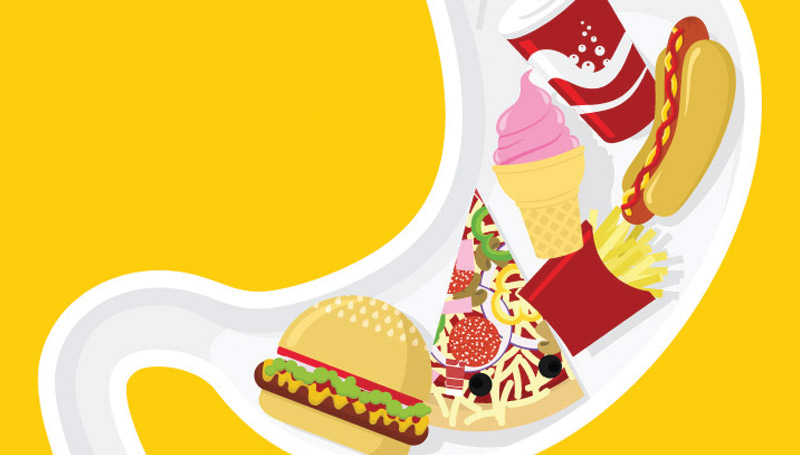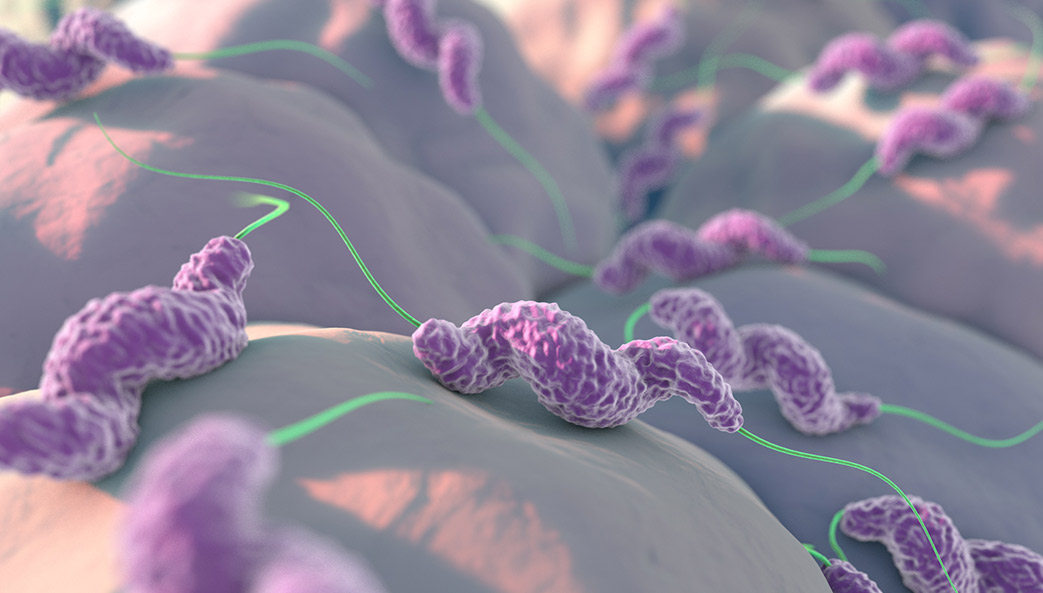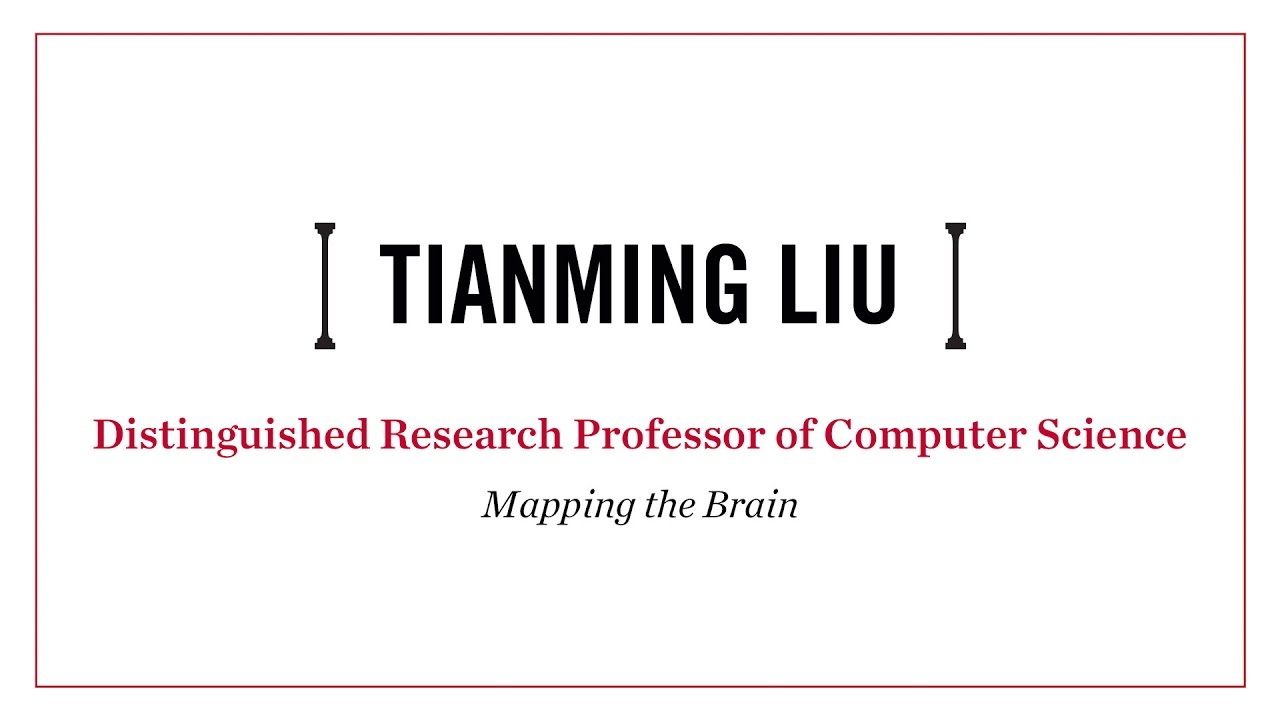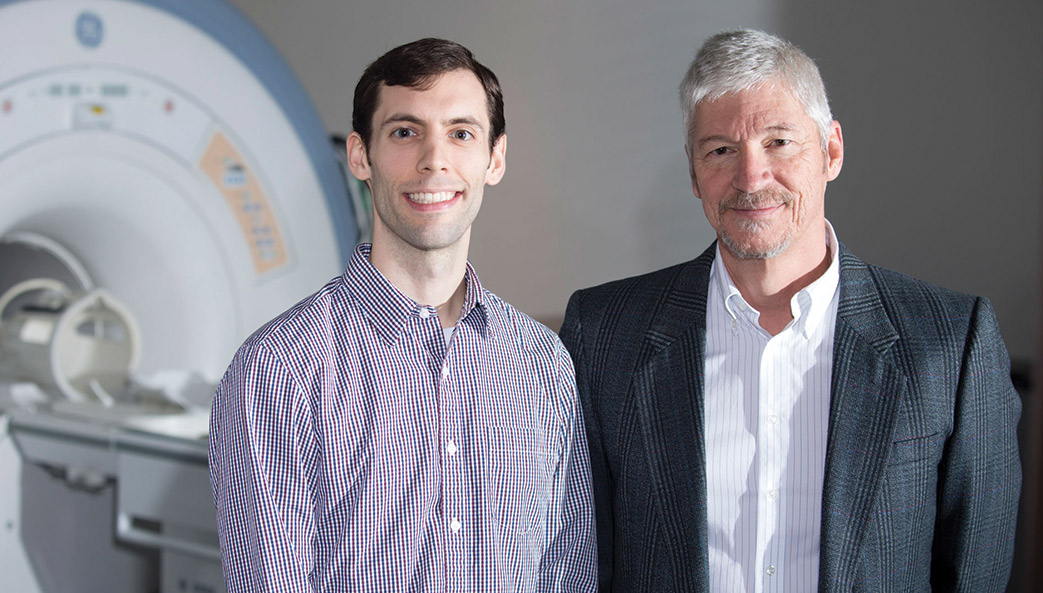Think twice before ordering that extra-large serving of fries. New research suggests that eating high-fat foods changes the digestive tract’s range and populations of bacteria, which in turn alters the gut’s signaling to the brain. The result: People no longer recognize that they are full, causing them to overeat.
“When we switch to a high-fat diet, we reorganize many of our brain circuits,” said Krzysztof Czaja, an associate professor of neuroanatomy at the College of Veterinary Medicine. “Different nutrients change the microenvironment in the gut, and some bacteria begin to overpopulate. Meanwhile, sensitive bacteria begin to die, and their populations may even vanish.”
Such changes cause damage to gut-brain neural connections, as evidenced by inflammation patterns and miscommunication between the digestive tract and the brain, Czaja said. It is not yet known whether these changes are permanent, but he and his colleagues plan to address this question in the future.






